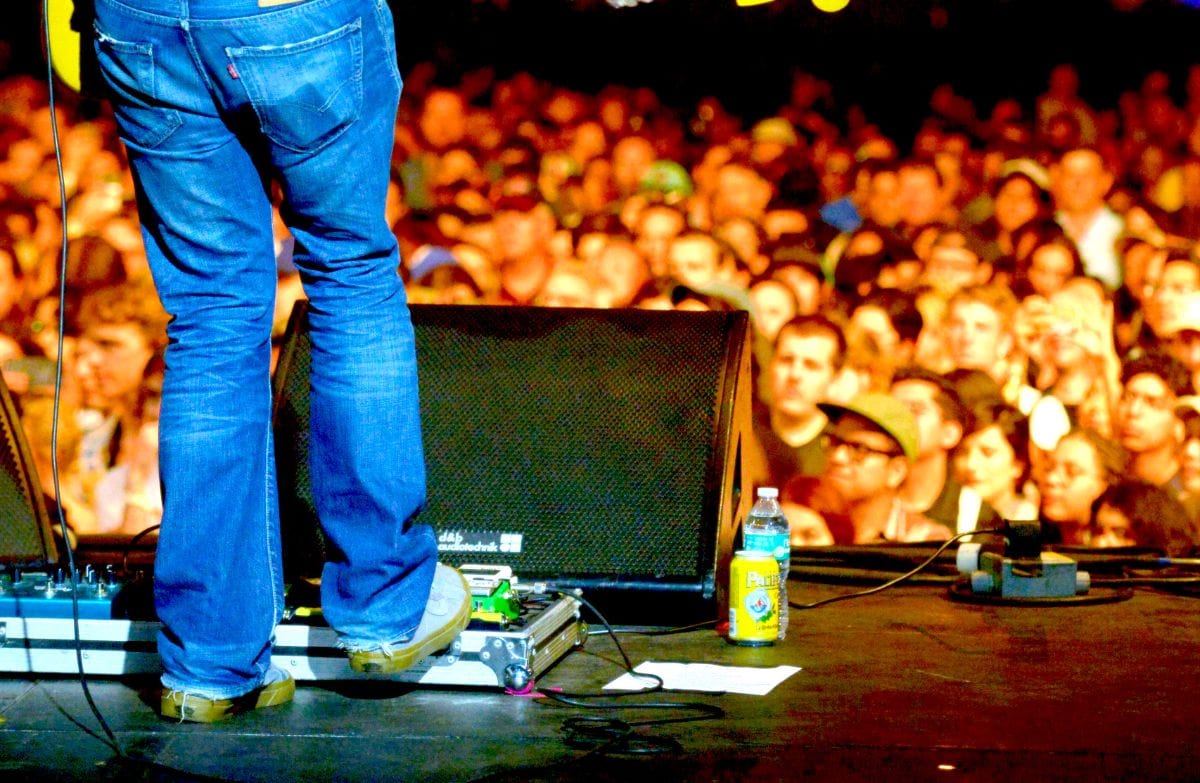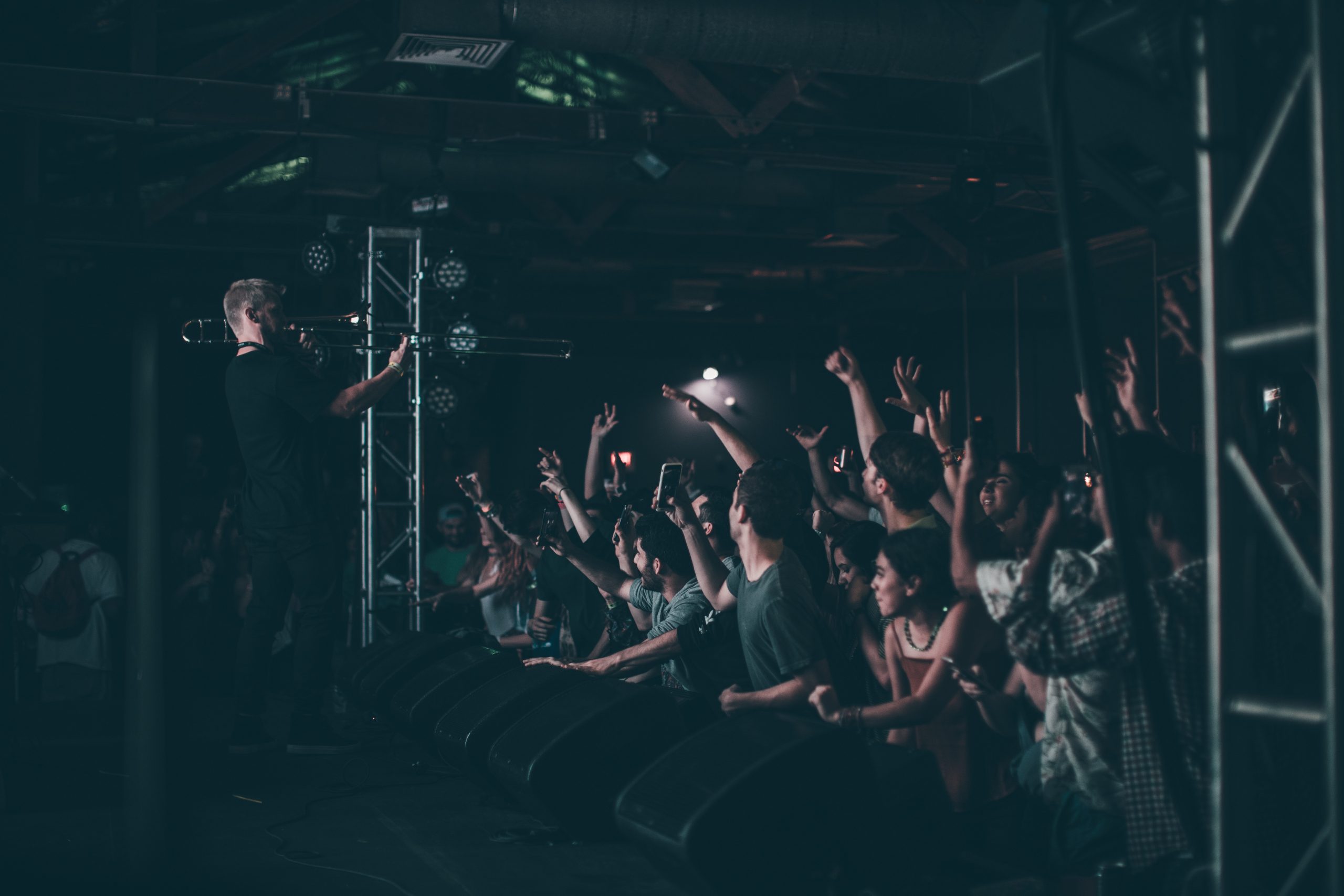
“I’ve been working in this sector for 35 years and I’ve never experienced anything like the stress, anxiety and pressure of the last three years,” MVT boss Mark Davyd told us in a stark statement this week.
Events since the onset of the Covid pandemic in early 2020, especially, have wreaked havoc on the live music scene. “Since that date, the pandemic, skills and staff challenges, Brexit and now the cost-of-living and energy crisis have seen a continual wave of challenges which have simply swamped venue operators who have struggled just to survive.”
The latest blow to your favourite local gig hangout has been the Energy Bill crisis, which has resulted from a combination of the Russian invasion of Ukraine, a simultaneous rise in global competition for resources and an increase in the Ofgem price cap.

While this meant an increase of 54% for the average household, according to the NEA (National Energy Action), the effect on businesses is worse, with hospitality operators facing an average annual bill increase of around 300%.
The devastation of the live music scene was made obvious most recently by the closure of North London indie and metal venue Nambucca this May. And the situation remains “dire” for the 556 nationwide venues still at imminent risk of permanent closure, as well as the hundreds more heading that way.
Since then, and the beginning of Putin’s war in Ukraine, the rise in energy bills has only added considerable pressure to the problem. Jamie Northrop of Chester venue Alexander’s Live reveals that his business was “going to see a rise of approximately 600% on our bills, taking us to £29,500 per year for electricity.” Such a jump also comes at a time when, because of the wider cost-of-living crisis, venues “have less customers anyway”.
The Wedgwood Rooms in Portsmouth tell a similar story. Whilst the Energy Bill Relief plan is some help, it is still, venue operator Geoff Priestly says, “not ideal”. Like many venues it was initially hit by the prospect of skyrocketing bills to a further £50,000 in annual electricity fees – a 600% increase.

Government assistance may make the “frightening and unachievable” climb “more manageable”, but Priestly also points to the “series of crises, one after the other” as the deeper root of the desperate climate in the live music scene right now. “Just as it feels like you are through one crisis another one comes along,” he told us. “You haven’t actually been able to recover fully before the next crisis pulls you backwards.”
Davyd bolsters the MVT statement given earlier this week, telling us that the UK government’s newly-announced Energy Bill Relief scheme “appears at face value to comprehensively tackle the immediate short term energy crisis for Grassroots Music Venues.”
“If fully implemented the announced plans would avert the complete collapse of the sector,” he reiterates, but adds an extremely important caveat. Full implementation would only “simply restore us to the position we found ourselves in [in] April 2022; carrying substantial amounts of Covid debt, experiencing multiple challenges around staffing, attendance, touring costs, and infrastructure.”
While a relief, current government assistance is a bare necessity that doesn’t begin to address the near ruination of the grassroots music industry. Its problems are far beyond a rise in energy costs.

This three-year disaster for grassroots music venues, Davyd adds, “requires a completely new approach by government,” as he hopes for “imaginative and innovative solutions to those long-term challenges, starting with a considered and thoughtful approach towards taxation by VAT and Business Rates, which is [currently] inappropriate and ill-considered in this sector.” Priestly agrees, similarly seeing “a reduction in VAT rate and a cut in business rates” as a solution for venues like his.
Short-term, MVT say, there needs to be clarification of the broad term ‘pub’, used by the government in its Energy Bill Relief proposal. “We’ve been through this before, especially during the Covid years,” Davyd says, “where government language and intent don’t necessarily align and we have to ask for clarification. We are confident that it would be an extraordinary decision to exclude live music venues from support that is being extended to pubs; their circumstances within the energy crisis are, if anything, worse than that being experienced by general licensed premises.”
Even more than that, venue operators require better communication through both the government and energy suppliers. Alexander’s Live have, at the time of writing, “not had anything from our energy supplier” on the matter of government assistance and how it may affect those engorged bill estimates.
MVT, meanwhile, having proved themselves an extraordinary crutch during the pandemic by raising over £1.2million through their Save Our Venues campaign alone, are not giving up. “We remain committed to the idea that everyone deserves access to live music in their community and we are determined to find a way to ensure that happens.”

Crucially of course, the venues who survived the prohibitive period of the pandemic are “still there, still fighting.” These are the places needing support from music fans, now more than ever. In addition to government support, venues need, Davyd says, “people to get out and support their local venue.” This, he stresses, is a crucial time to do so “if they want to see [the scene] survive and thrive.” Nothrop of Alexander’s Live concurs: “Despite Covid almost being just a memory now, our numbers are still being affected, with less people seeming to attend, and spending less.”
While the cost-of-living crisis is being felt almost everywhere, it is hard to convey the true imminence of the live music scene’s total destruction. Without real government aid addressing the longer challenges emerging from an extraordinary period, and without the support of those who love grassroots venues, local spots like Wedgwood Rooms and Alexander’s Live — along with the hundreds more at real risk of imminent closure — will continue to struggle keeping their doors open.
If you want to help support some of these venues, head to Music Venue Trust and pledge what you can.




